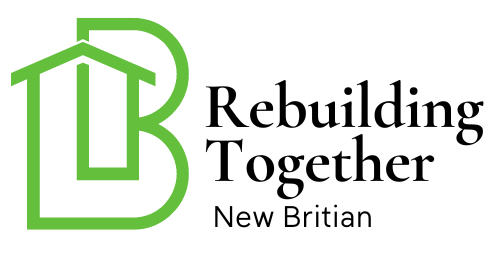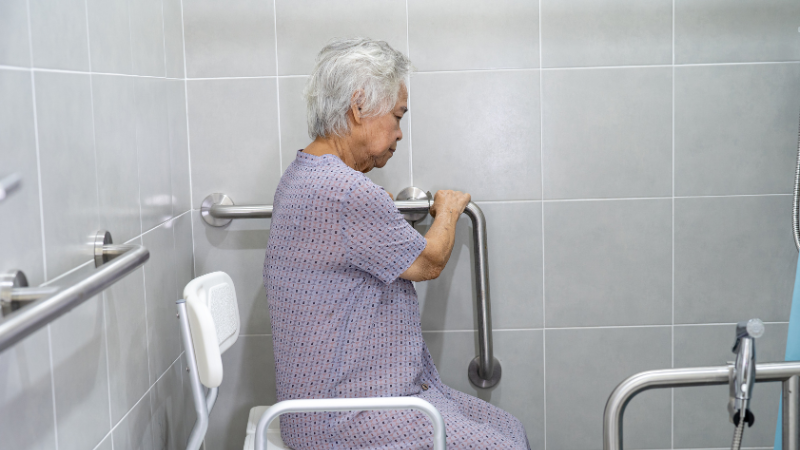As homeowners age, making their living spaces comfortable and safe becomes a priority. One way to achieve this is through home equity loans for elderly upgrades. These loans offer an opportunity to transform homes to better suit the needs of seniors, ensuring safety, accessibility, and comfort. In this guide, we will explore the benefits, processes, and considerations involved in using home equity loans for upgrading homes for the elderly.

What Are Home Equity Loans?
Home equity loans are financial products that allow homeowners to borrow against the equity of their homes. This means if you have paid off a significant portion of your mortgage, you can leverage that equity to fund various expenses, such as home upgrades. For the elderly, these upgrades can include installing safety features, enhancing accessibility, or remodeling spaces for better comfort.
Benefits of Using Home Equity Loans for Elderly Upgrades
Utilizing a home equity loan for elderly upgrades comes with several advantages:
- Access to Funds: Homeowners can access substantial funds to make necessary changes without affecting their savings.
- Lower Interest Rates: Typically, home equity loans offer lower interest rates compared to other types of loans.
- Value Addition: Upgrades can increase the value of the home while enhancing the living quality for its elderly residents.
How to Apply for a Home Equity Loan
Step 1: Evaluate Your Equity
First, determine how much equity you have in your home. This involves subtracting the amount owed on your mortgage from the current market value of your home.
Step 2: Determine the Needed Upgrades
Identify the specific upgrades that will benefit the elderly. Consider aspects like adding motion sensor lights or removing door thresholds for ease of movement.
Step 3: Shop Around for Lenders
Research various financial institutions to find the best terms and interest rates for your loan. Compare offers from banks, credit unions, and online lenders.
Step 4: Submit Your Application
Once you’ve chosen a lender, prepare the necessary documentation and submit your application. This typically includes proof of income, home valuation, and your identification.
Potential Upgrades for Elderly Homes
Safety Enhancements
Consider adding features like video doorbells to enhance security and safety for elderly residents.
Accessibility Improvements
Install ramps, widen doorways, and ensure that bathrooms are accessible to those with mobility challenges.
Comfort Upgrades
Focus on improving the comfort of the home with better lighting, comfortable furniture, and climate control systems.
Considerations Before Taking a Home Equity Loan
While home equity loans can be beneficial, there are important considerations:
- Repayment Plan: Ensure you have a clear repayment strategy to avoid financial strain.
- Risk of Foreclosure: Be aware that failure to repay the loan can result in foreclosure.
- Market Fluctuations: The value of your home can affect the equity available for borrowing.
Alternative Funding Options
Besides home equity loans, explore other funding options such as reverse mortgages or personal loans, which might also offer financial flexibility for home upgrades.
Conclusion
Home equity loans for elderly upgrades offer a viable solution for enhancing the living conditions of seniors. By understanding the process and benefits, homeowners can make informed decisions that lead to a safer and more comfortable living environment for the elderly.

FAQs
1. What is a home equity loan?
A home equity loan allows homeowners to borrow money against the value of their home equity.
2. How can seniors benefit from home equity loans?
Seniors can use these loans to fund home upgrades that improve safety, accessibility, and comfort.
3. Are there risks associated with home equity loans?
Yes, risks include the potential for foreclosure if the loan is not repaid and fluctuations in home value.
This article contains affiliate links. We may earn a commission at no extra cost to you.

